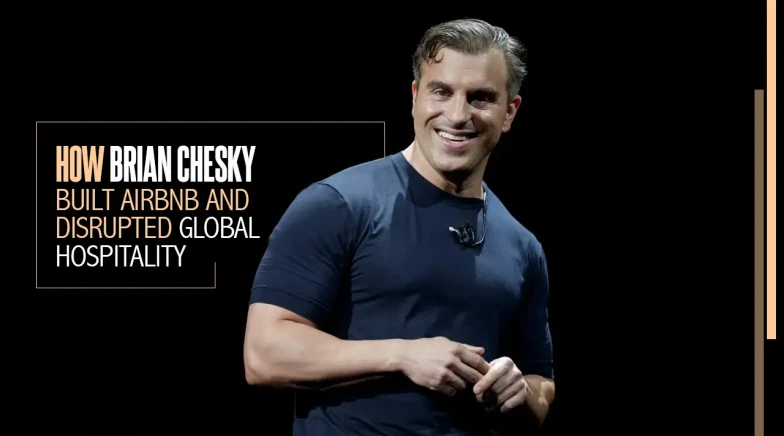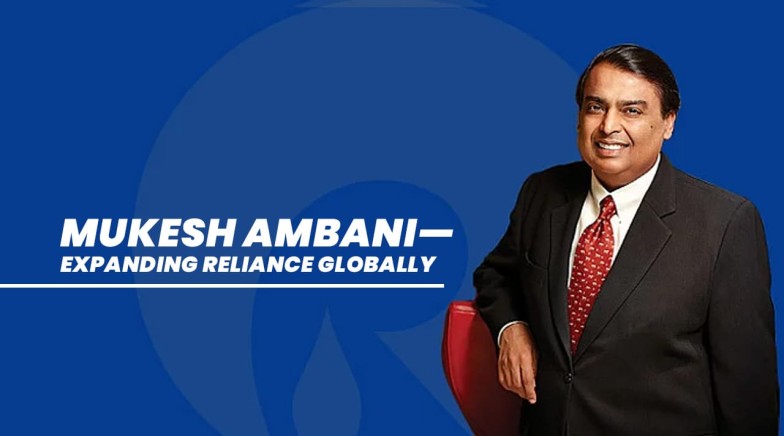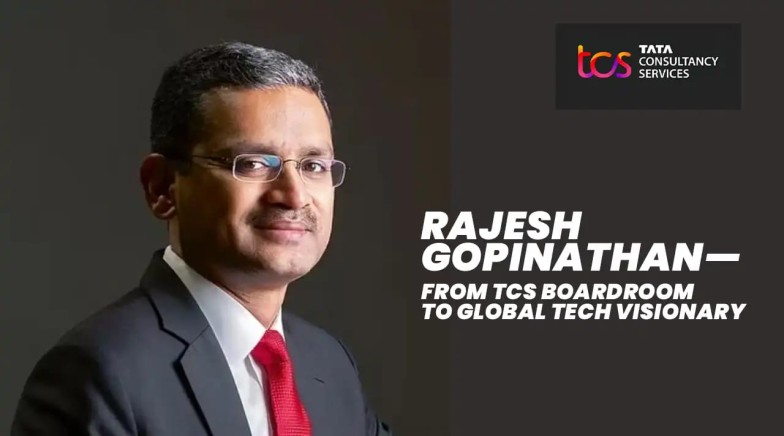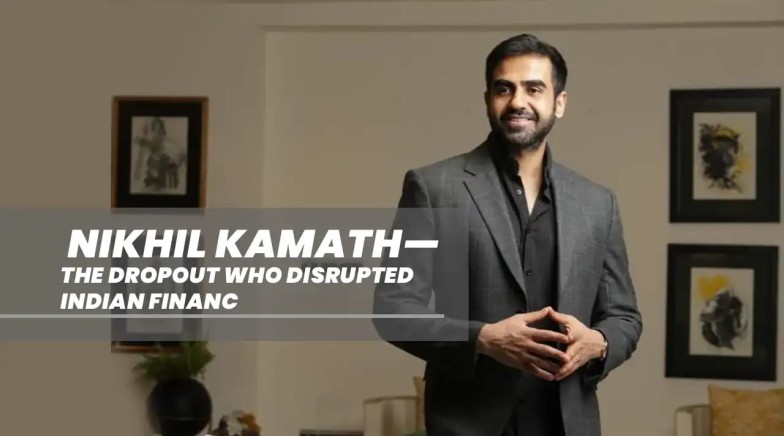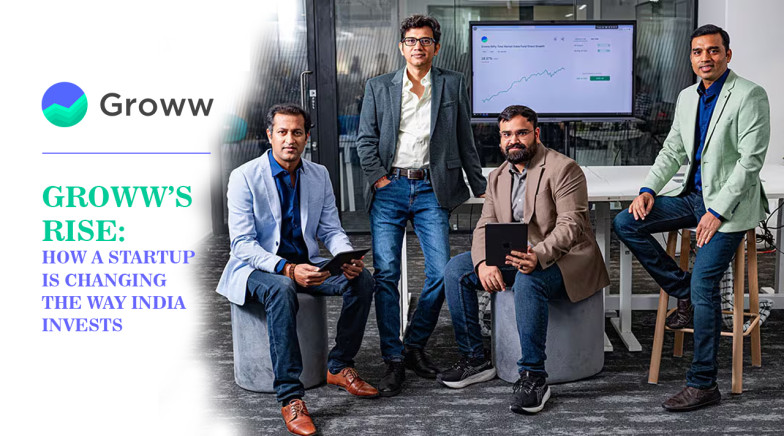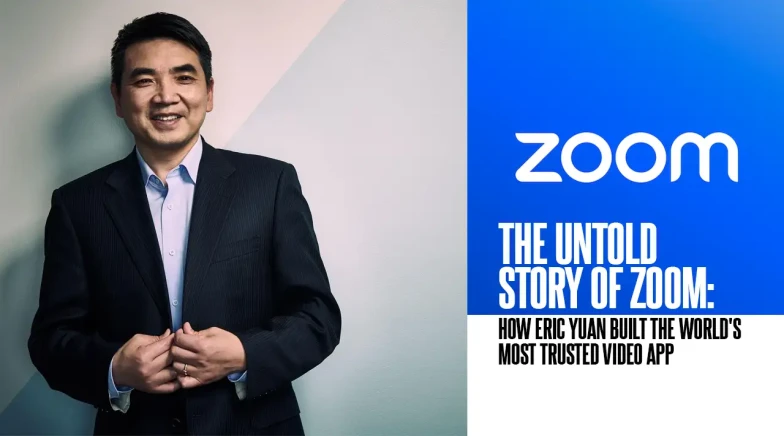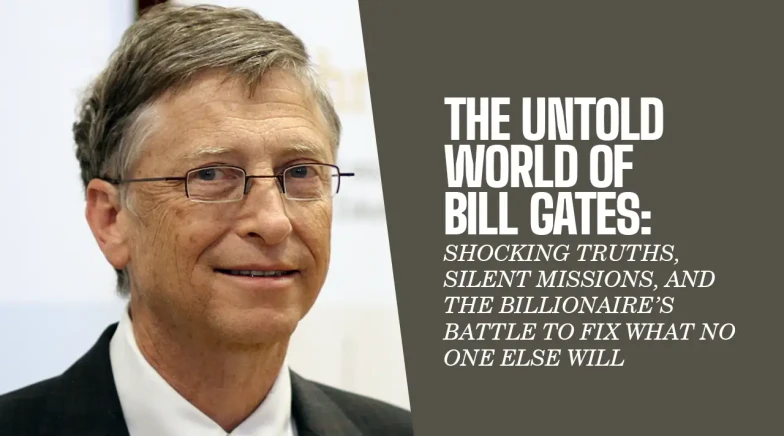How Brian Chesky Built Airbnb and Disrupted Global Hospitality

- Created Jul 07 2025
- / 469 Read
How Brian Chesky Built Airbnb and Disrupted Global Hospitality
Discover how Brian Chesky turned a simple air mattress idea into Airbnb, a global platform that disrupted the hospitality industry and redefined how the world travels and trusts.
In 2007, Brian Chesky was a broke designer in San Francisco. He couldn’t afford rent. Today, he’s the co-founder and CEO of Airbnb, a $100+ billion company that reshaped the global travel industry. But Airbnb is not just a startup success story. It’s a story of first-generation disruption—of an outsider challenging very meaning of hospitality.
A Mattress on the Floor: The Birth of Airbnb
Airbnb began with a simple idea: three air mattresses on a living room floor and breakfast in the morning. Chesky and his roommate Joe Gebbia needed money. A design conference was coming to town, hotels were full, and they saw an opportunity—open their apartment to strangers. What seemed like a short-term hack soon revealed a deeper opportunity. The real problem wasn’t the lack of hotel rooms; it was the lack of connection in travel.
In the traditional hotel model, travelers stayed in sterile rooms, isolated from the local community. Airbnb flipped that model by offering not just beds, but homes—complete with pets, kitchen smells, and imperfect furniture. That shift changed travel from transaction to experience.
A Designer’s Approach to Business
Chesky wasn’t a tech founder in the usual sense. He didn’t write code or build hardware. He brought something arguably more powerful: design thinking. He believed in building products for humans, not just users.
One of Airbnb’s earliest exercises under Chesky’s leadership was called “11-star design.” He challenged his team: What would a 5-star Airbnb stay look like? What about 6 stars? 7? They kept going until they imagined scenarios where Elon Musk picks you up in a Tesla and flies you to space. The point wasn’t literal execution. It was a mindset: aim for delight, not just utility.
Disrupting an Industry Rooted in Tradition
For over a century, travelers trusted brands like Hilton or Marriott because they promised consistency. Airbnb asked a radical question: What if people trusted strangers instead of brands?
To make that work, Chesky had to design trust into the platform. Reviews, verified photos, 24/7 support, identity checks—these weren’t features. They were social engineering, designed to make people feel safe in spaces that had no front desk or uniformed staff.
Suddenly, a 25-year-old in Delhi could rent out her spare room to a backpacker from Paris. A retired couple in Kyoto could welcome an American student and share home-cooked miso soup. The world shrank.
The Crisis That Tested Everything
In 2020, the COVID-19 pandemic hit, and global travel collapsed overnight. Airbnb’s bookings dropped 80%. It was, by Chesky’s own admission, the most terrifying time of his life. The company laid off 25% of its workforce. IPO plans were shelved. Investors doubted whether Airbnb would survive.
But Chesky stayed true to his core principles. He wrote a widely praised letter to employees, full of empathy and transparency. He refunded guests and supported hosts, even at great financial cost. And he doubled down on local travel, realizing that people wouldn’t cross borders, but they might still drive to a nearby town.
By the end of 2020, not only had Airbnb survived—it had gone public in one of the biggest IPOs of the year. Investors saw something enduring: a company built not just on software, but on human need.
Beyond Rooms: A New Kind of Company
Airbnb’s evolution didn’t stop at accommodations. It moved into “Experiences,” letting hosts offer cooking classes, walking tours, and cultural immersions. Chesky envisioned Airbnb as a travel ecosystem, where people didn’t just stay—they belonged. That word—“belong”—became central to the brand.
Chesky also made bold moves on culture. In 2022, Airbnb announced a “live anywhere, work anywhere” policy, allowing employees to work remotely from over 170 countries. It wasn’t just a policy—it was a statement: Airbnb was building the future of both travel and work.
The Legacy of a First-Generation Founder
Brian Chesky wasn’t born into tech royalty. He didn’t have an MBA or deep industry ties. His parents were social workers. He studied industrial design. And yet, by sheer vision and relentless iteration, he created a new category of business.
In Chesky’s own words, “Build something that 100 people love, not something that a million people kind of like.” That philosophy turned a mattress-on-the-floor idea into a cultural movement—and reminded the world that disruption doesn’t start with code. It starts with courage.
For Add Product Review,You Need To Login First

